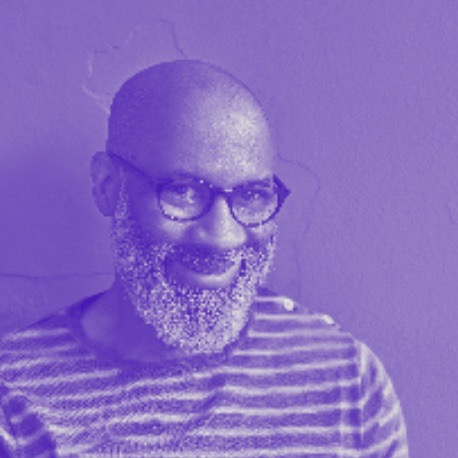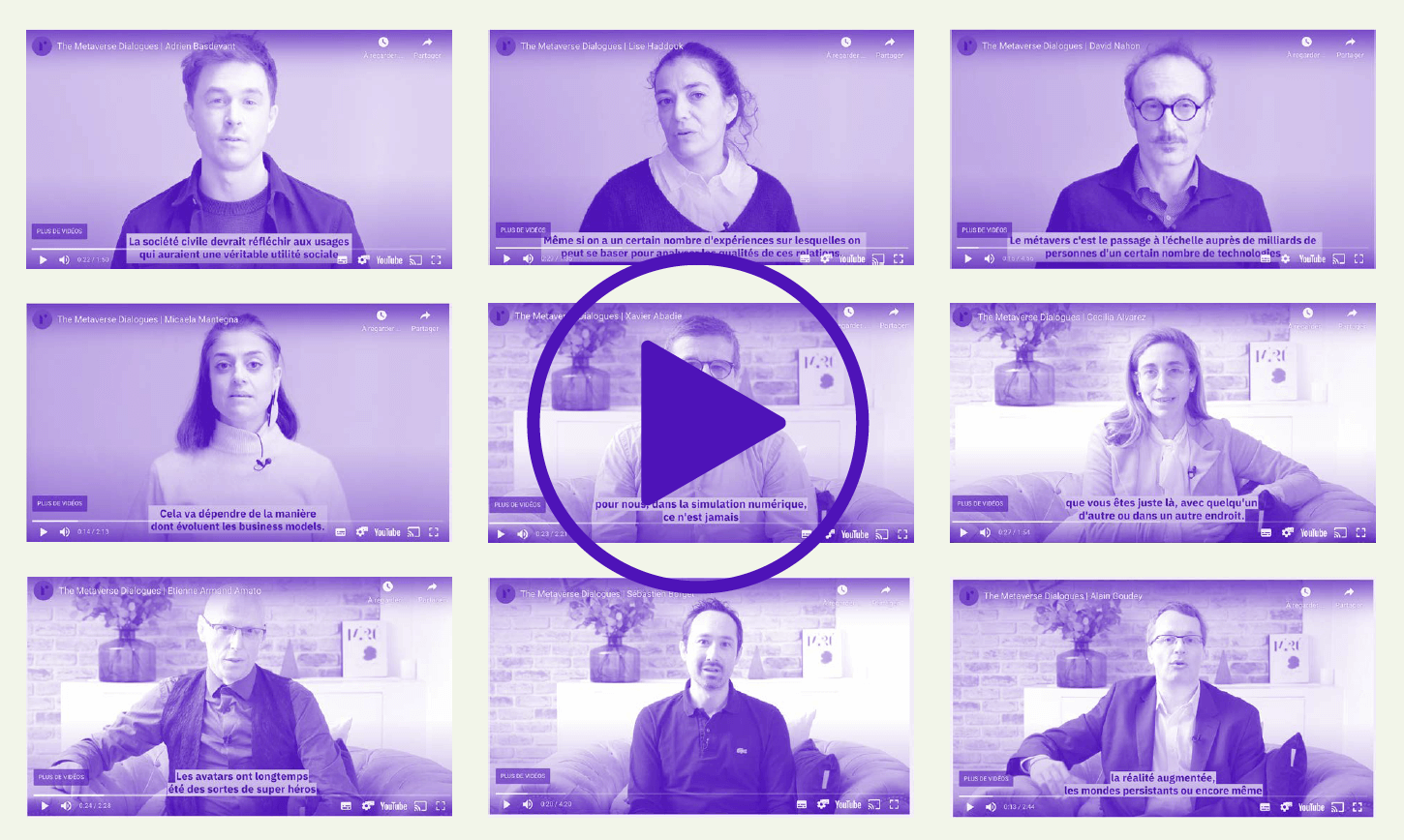A slow acculturation process
Il exisThe “Metaverse” has a multitude of definitions, both in scientific literature and in the media. For example, while "the concept of the ‘virtual world’ underlying the Metaverse has been assimilated by the public [in particular] thanks to the imaginary universe deployed in the entertainment industries, [...] its definition is still unclear to consumers, who do not grasp its significance or the scope of its use"[[[Source : Galienni S., Truphème S. (2023), "La vague Web3. Maîtriser les nouveaux codes du marketing 3.0. Blockchain, NFT, DAO, Métavers…", Dunod, p. 116.]]].
According to a study by Wunderman Thompson, the number of consumers worldwide who had heard of the term had risen from 32% in July 2021 to 74% in March 2022 [[[Wunderman Thompson (2022), “New realities: Into the Metaverse and beyond”, p. 5.]]]. In June 2023, the latest study by the Centre national du cinéma et de l'image animée (CNC, National Centre for Cinema and the Moving Image) on immersive uses confirmed this estimate, indicating that 71.9% of respondents said they were familiar with the term "the metaverse", with 33.8% of them believing they knew exactly what it meant, and 38.7% not knowing exactly what it meant [[[Centre national du cinéma et de l’image animée, « Les usages immersifs, de la réalité virtuelle au métavers », 1st September 2023: https://www.cnc.fr/professionnels/etudes-et-rapports/etudes-prospectives/les-usages-immersifs-de-la-realite-virtuelle-au-metavers_2022269]]]. The qualitative study conducted by Renaissance Numérique on the representations and uses of the Metaverse also shows that although the term Metaverse is known among early adopters [[[Understood here as a specific community of users who, as well as being pioneers in the adoption of a technology or the purchase of a device, are generally at ease with technical objects and sometimes act as relays in the mass adoption of uses.]]] of virtual reality headsets, it is considered to be particularly vague.

Another sign of acculturation can be seen in the recent additions of the word "Metaverse" to various dictionaries. In 2023, for example, it made its debut in Le Robert dictionary, which defines it as "a persistent three-dimensional virtual universe offering its users, which are represented by avatars, an interactive and immersive experience”[[[Le Robert, Dico en ligne (online dictionary), "métavers" entry: https://dictionnaire.lerobert.com/definition/metavers]]].
Many definitions, but common features
Given that there is no consensus on a definition of the Metaverse, it is worth highlighting the similarities and differences that may exist between the ways in which it is conceived and defined. While its many definitions naturally illustrate different visions, they also reflect strategic issues and player positioning (see “The Metaverse value chain”). Consequently, here are a few definitions to capture the full range of characteristics that can define the Metaverse:
- Matthew Ball, who runs an investment, consultancy, and production company for television shows, films, and video games, defines the Metaverse as "a massively scaled and interoperable network of real-time rendered 3D virtual worlds and environments which can be experienced synchronously and persistently by an effectively unlimited number of users with an individual sense of presence, and with data continuity”[[[Ball, M. (2022). Le Metavers. Comment va-t-il tout révolutionner, de Boeck Supérieur, Louvain-la-Neuve, p. 73.]]].
- The authors of the report on the exploratory mission on metaverses, commissioned by the French Ministry of the Economy, Finance, and Industrial and Digital Sovereignty, consider metaverses to be "a virtual, persistent space, with three-dimensional synthetic data, which is interoperable”.
- Alexandre Bouchet, director of the Laval Virtual international trade fair, believes that the Metaverse is "a wide network of persistent 3D worlds and simulations, calculated in real-time, which, through interoperability, support the continuity of identity, objects, data, and rights, and which can be experienced synchronously by a very large number of users, each with an individual sense of presence and embodiment”.
- Philippe Fuchs, professor emeritus specialising in virtual reality, believes that "the purpose of metaverses is to enable an unlimited number of users to simultaneously share collective, public, or private sensory-motor, cognitive and emotional experiences in an artificial, persistent and evolving world, digitally created on the Internet, for use in social, recreational, economic, professional, artistic, or cultural activities”[[[Fuchs P. (2023), “De la réalité virtuelle aux métavers”, Techniques de l’ingénieur, Innovation | Innovations technologiques, p. 5.]]].








